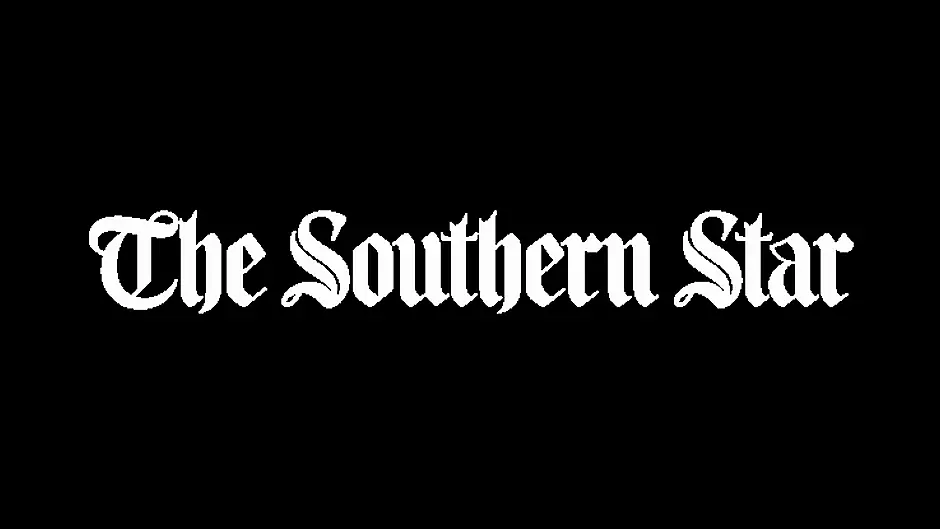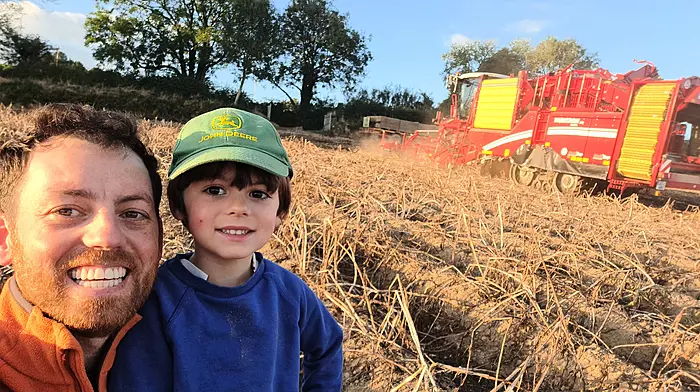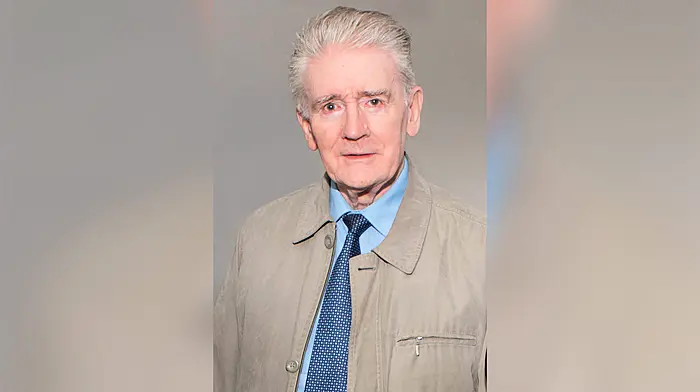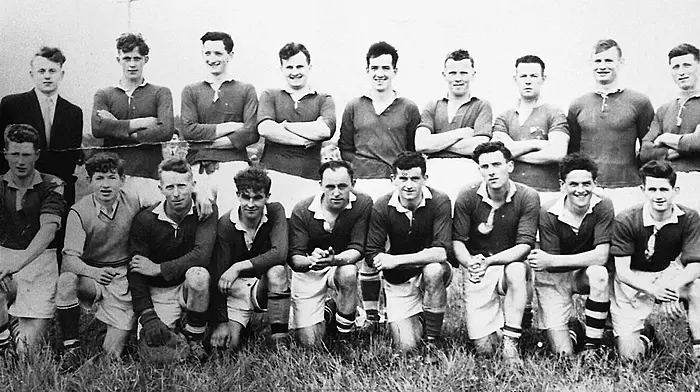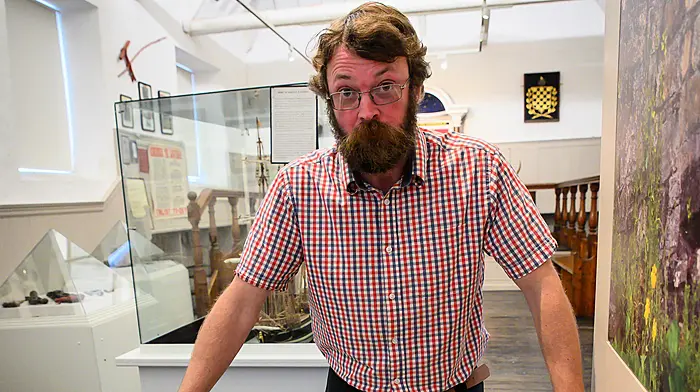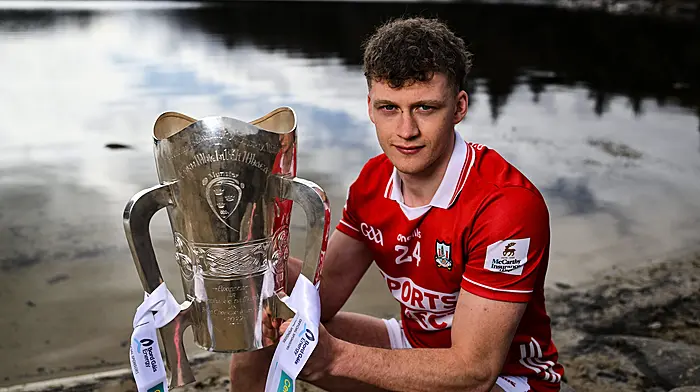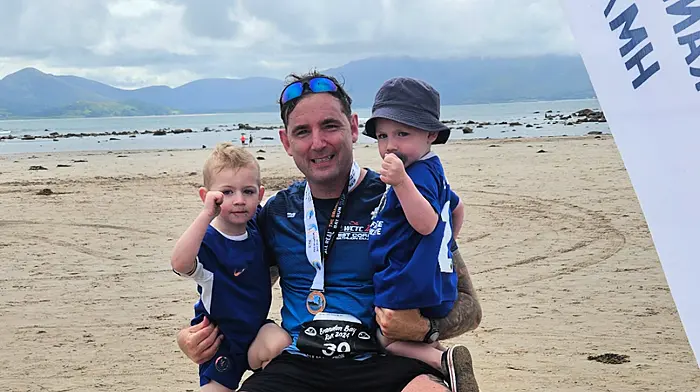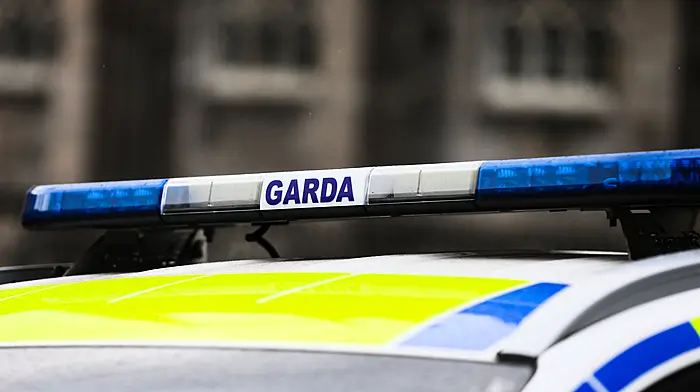BY SIOBHÁN CRONIN
THE ambush at Kilmichael in 1920 is commemorated annually to remember those who fought and died so that we may live in a free, democratic, peaceful Ireland and to remind ourselves ‘to treasure and hand on the treasured gift they left us,’ TD Éamon Ó Cuív said.
Delivering the annual commemoration address at the ambush site, the grandson of former Irish president Eamon de Valera welcomed other politicians who had close links to the ambush.
Local FF TD Christopher O’Sullivan, he noted, is a grand nephew of John D O’Sullivan, who took part in the ambush.
Both TD Aindrias Moynihan and his sister, Cllr Gobnait are grandchildren of what Deputy Ó Cuív described as ‘that famous hero from Cuil Aodha’ Jamie Moynihan. Moynihan was among a small group from Cúil Aodha who marched with the volunteers to Millstreet on Easter Sunday in 1916.
And he also referenced Cllr Deirdre Kelly, whose home place, in Coghar, was one of the three safe houses in the area utilised after the ambush, and it provided refuge to Tom Barry that night.
‘It is a deep privilege to have been asked to give this year’s oration to commemorate one of the most important engagements of the War of Independence,’ he added.
‘We will be here for a short time today in typical November weather and will probably need some sustenance afterwards to heat ourselves up. They, too, were here in November, with the 36 of them arriving the night before the ambush and waiting all day until about 4pm in the afternoon for the ambush to take place. It is interesting to note that during the night the volunteers used two safe houses – Farrells in Tullach, and Cllr Deirdre Kelly’s home place in Coghar, where Tom Barry stayed,’ he explained.
He said we must never overlook the risk people who provided food and shelter to the volunteers took – in the cause of Irish independence.
‘During this period, as well as the high risk of being killed, the privations suffered by the volunteers had long-term effects on their health and many of them died relatively young as a result,’ he pointed out.
He said that of the 36 volunteers, three died as a direct result of the ambush – Michael McCarthy, Jim O’Sullivan and Pat Deasy – having been mortally wounded.
‘I have noticed in recent commentary that people refer to the “Irish Revolution” rather than the War of Independence,’ he said.
‘A political revolution means to most people the overthrow of a government by physical force. What happened in December 1918 is that British government were overthrown in Ireland, not by force, but by the democratic will of the people as expressed in the general election,’ said the Galway-based TD.
‘The mandate was overwhelming, as out of 100 seats in the all-Ireland election, Sinn Féin elected 73 TDs – the balance being made up of six Nationalists and 22 Unionists,’ he added. He also noted that a feature of the struggle had been the support of many women, not only in providing shelter and food, but in carrying messages and gathering information.
He said Kilmichael was another significant part of the nationwide effort to make Ireland ‘a nation once again’, adding: ‘The fact that we are here today bears this out.’

